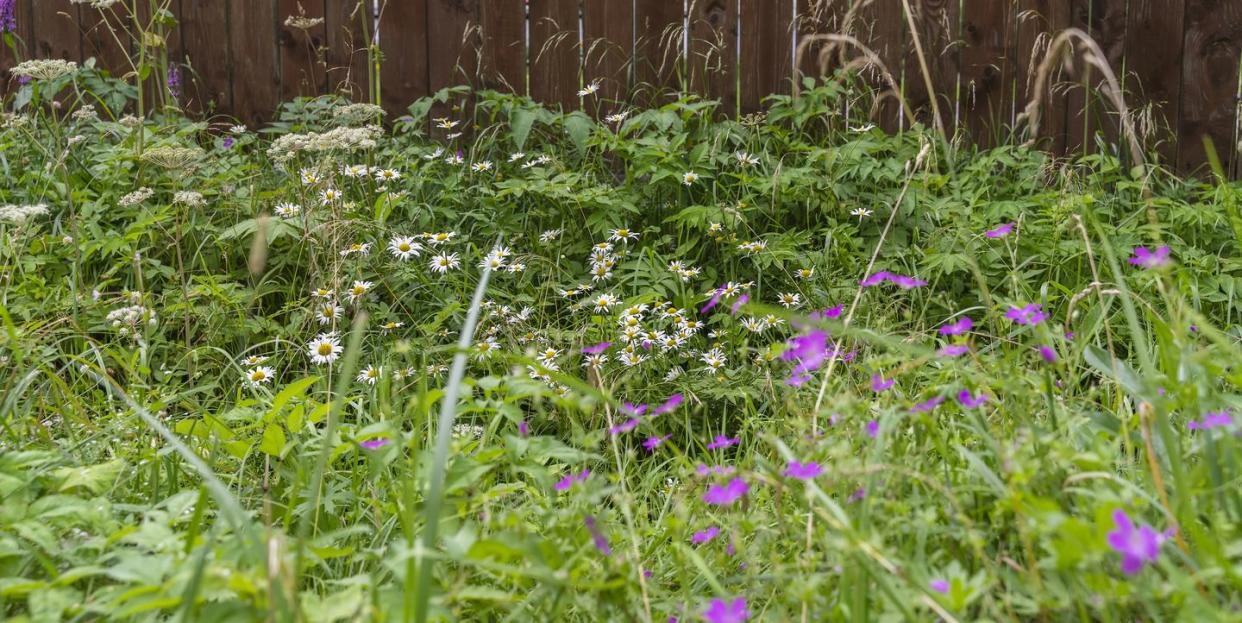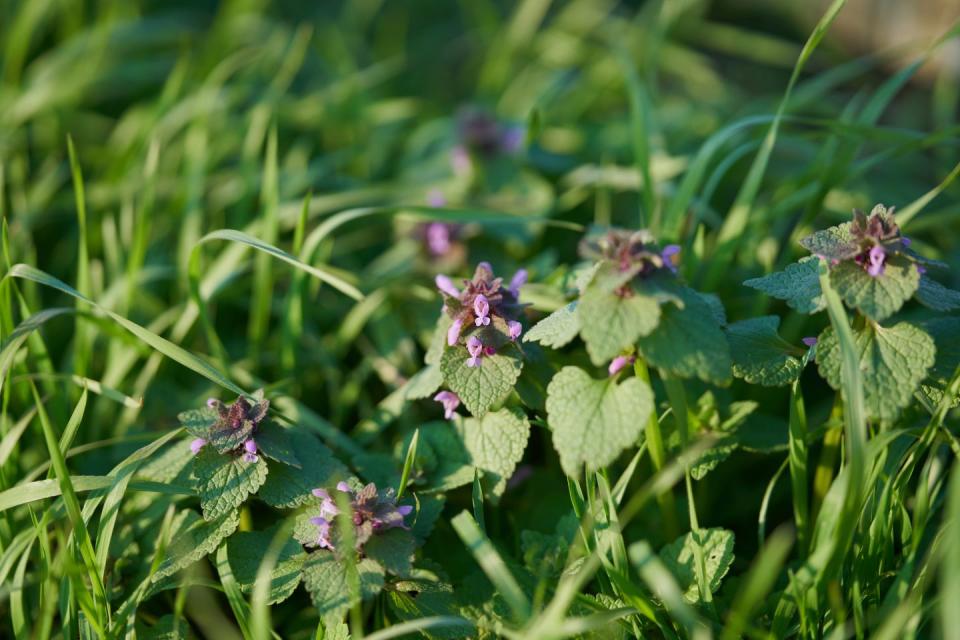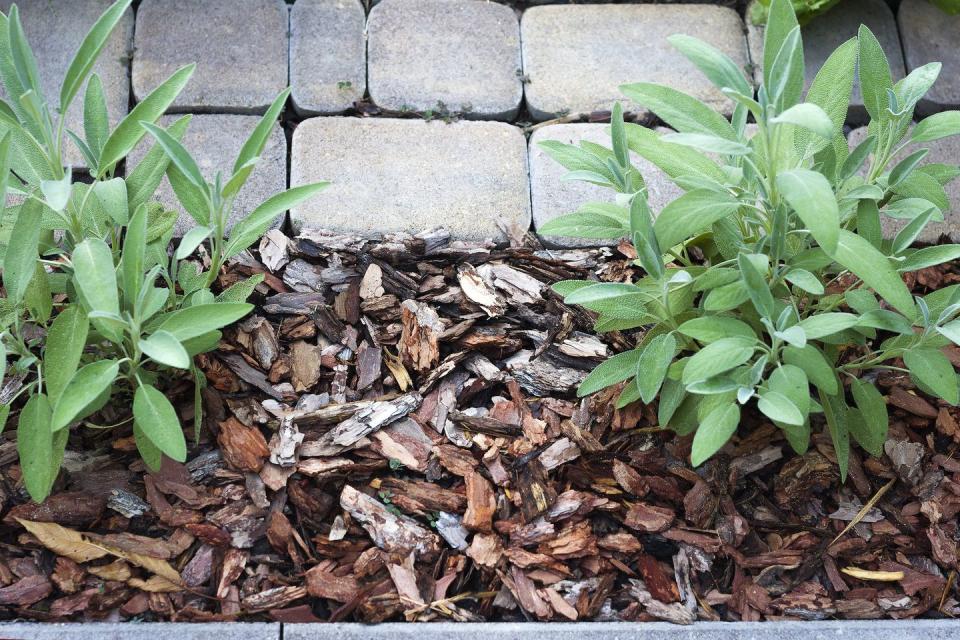6 chemical-free homemade weed killers for your garden

Nothing ruins a garden like uninvited weeds that rob your plants of space and nutrients, but have you checked your kitchen cupboards for the answer? Common household supplies, such as salt, vinegar and baking soda, are brilliant for banishing garden weeds naturally.
How to make homemade weed killer
Weeds can be controlled without resorting to harsh weedkillers. Keep reading for ideas on how to make homemade weed killer using items you may already have at home:
1. Vinegar
A homemade vinegar solution can effectively kill younger weeds, however, it's not a permanent solution for deep-rooted weeds.
Vinegar can alter your soil to prevent things from growing there in the future, so make sure to use this on block paving and gravel driveways only. To use, add to a spray bottle and spritz the leaves and stems of weeds.
2. Salt
Salt has been used as a herbicide and pesticide for hundreds of years and can be very effective in killing off garden weeds.
To use, dilute three parts salt with one part water. Mix together and leave to stand for 10 minutes until the salt has dissolved. Spray the weeds with the solution, but make sure not to use it on lawns or flowers as it can prevent future growth.

3. Boiling water
Boiling water can destroy growing weeds very quickly (and easily). Take care not to damage any nearby flowers or plants, so only pour small, controlled amounts to avoid the water splashing. Boiling water is a great method for younger weeds, but won't work as well on weeds with taproots.
4. Baking soda
Baking soda dehydrates plants, which eventually kills them. If used correctly, baking soda can kill weeds permanently and prevent their return. It's great to use on weeds growing in concrete cracks (such as patio slabs) to avoid killing healthy grass, flowers, and other vegetation.
5. Mulch
Mulch is a brilliant chemical-free weed killer as it suppresses weeds and improves the soil around plants.
You could also consider cardboard. 'Using cardboard in gardens is quite common as it can work like mulch to keep the ground moist,' says a spokesperson from LitterBins. 'Think of it like an alternative to woodchip. It can also block out the light, which helps to kill weeds as they can no longer photosynthesise. It naturally decomposes in the soil and feeds it, acting like a compost too.'

6. Rubbing alcohol
Rubbing alcohol works well as a weed killer because it draws moisture away from the weed foliage. Mix two tablespoons of rubbing alcohol with a litre of water, and then pour the mixture into a spray bottle. The alcohol will remove the moisture that weeds need to survive.
Follow House Beautiful on TikTok and Instagram.
You Might Also Like



